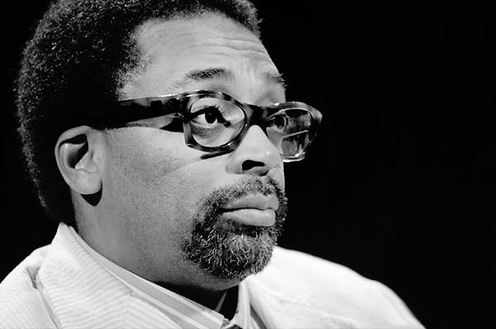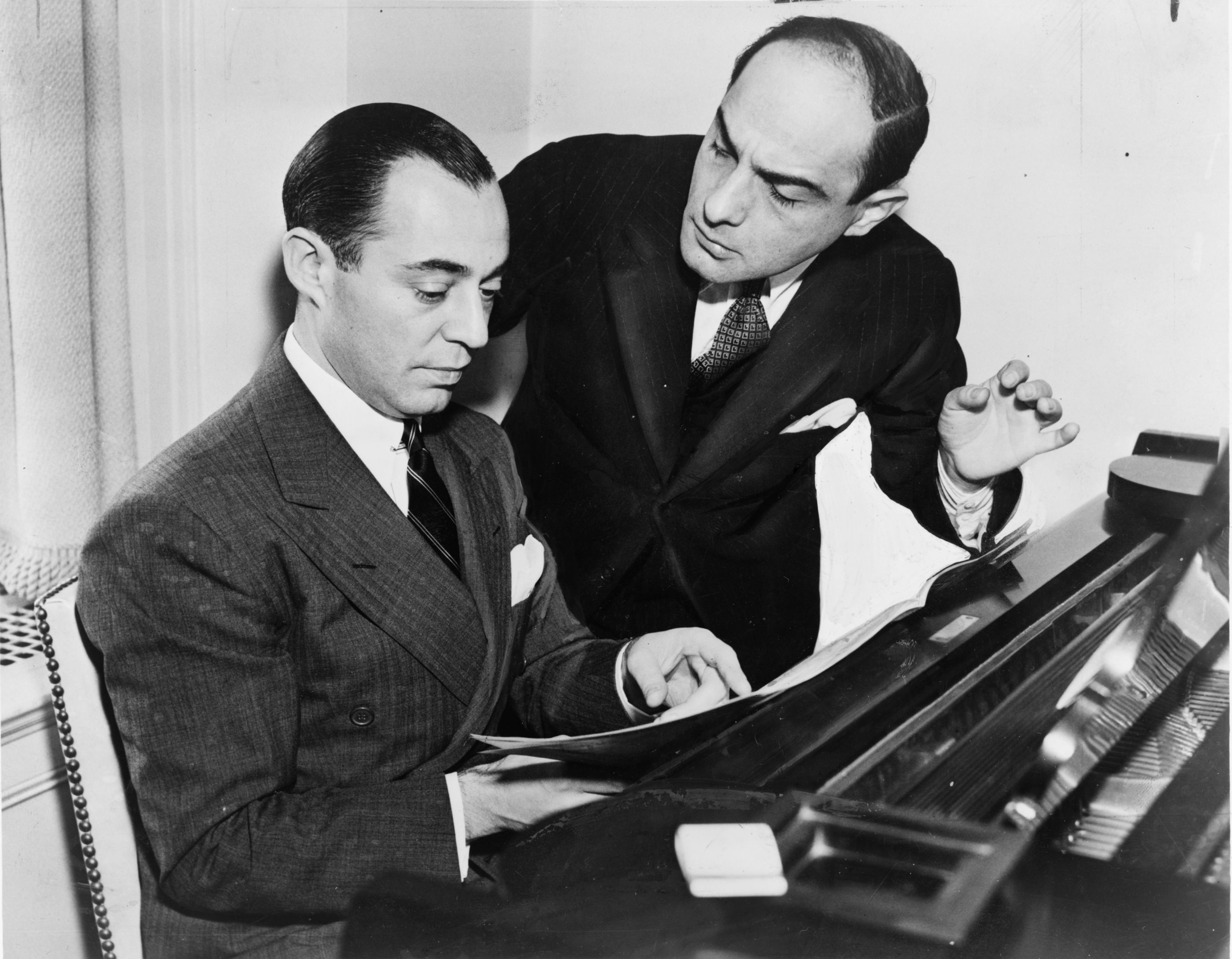|
Harry Belafonte
Harry Belafonte ( ; born Harold George Bellanfanti Jr.; March 1, 1927 – April 25, 2023) was an American singer, actor, and civil rights activist who popularized calypso music with international audiences in the 1950s and 1960s. Belafonte's career breakthrough album ''Calypso (album), Calypso'' (1956) was the first million-selling LP album, LP by a single artist. Belafonte was best known for his recordings of "Day-O (The Banana Boat Song)", "Jump in the Line (Shake, Senora)", "Jamaica Farewell", and "Mary's Boy Child". He recorded and performed in many genres, including blues, folk music, folk, gospel music, gospel, show tunes, and Great American Songbook, American standards. He also starred in films such as ''Carmen Jones (film), Carmen Jones'' (1954), ''Island in the Sun (film), Island in the Sun'' (1957), ''Odds Against Tomorrow'' (1959), ''Buck and the Preacher'' (1972), and ''Uptown Saturday Night'' (1974). He made his final feature film appearance in Spike Lee's ''Bl ... [...More Info...] [...Related Items...] OR: [Wikipedia] [Google] [Baidu] |
Jump In The Line (Shake, Senora)
"Jump in the Line (Shake, Senora)" is a calypso song composed by Lord Kitchener and best known from a version recorded by vocalist Harry Belafonte in 1961. Other renditions Woody Herman and his Third Herd recorded Kitchener's song in 1952 for Mars Records; Herman's band recorded it live that same year with the title "Jump in Line." Lord Invader released a cover of the song on the Folkways label in 1955, titled "Labor Day (Jump in the Line)". His rendition reached mento star Lord Flea, who in turn recorded a version based on Lord Invader's interpretation. It was released on August 1, 1958, by Capitol Records. The song was recorded by Lord Fly and Joseph Spence in 1958. Fly's version inspired Harry Belafonte, who released his own take on November 17, 1961 (credited to his pseudonym Raymond Bell on the disc label). It was included on the album '' Jump Up Calypso.'' Perhaps its most memorable appearance is in the 1988 Tim Burton comedy horror film ''Beetlejuice,'' during the m ... [...More Info...] [...Related Items...] OR: [Wikipedia] [Google] [Baidu] |
Spike Lee
Shelton Jackson "Spike" Lee (born March 20, 1957) is an American film director, producer, screenwriter, actor, and author. His work has continually explored race relations, issues within the black community, the role of media in contemporary life, urban crime and poverty, and other political issues. Lee has won numerous accolades for his work, including an Academy Award, two Primetime Emmy Awards, a BAFTA Award, and two Peabody Awards. He has also been honored with an Honorary BAFTA Award in 2002, an Honorary César in 2003, and the Academy Honorary Award in 2015. His production company, 40 Acres and a Mule Filmworks, has produced more than 35 films since 1983. He made his directorial debut with '' She's Gotta Have It'' (1986). He has since written and directed such films as '' School Daze'' (1988), '' Do the Right Thing'' (1989), '' Mo' Better Blues'' (1990), ''Jungle Fever'' (1991), '' Malcolm X'' (1992), '' Crooklyn'' (1994), '' Clockers'' (1995), '' 25th Hour'' (2002 ... [...More Info...] [...Related Items...] OR: [Wikipedia] [Google] [Baidu] |
Uptown Saturday Night
''Uptown Saturday Night'' is a 1974 American action comedy and crime comedy film, written by Richard Wesley and directed by and starring Sidney Poitier, with Bill Cosby and Harry Belafonte co-starring. Cosby and Poitier teamed up again for '' Let's Do It Again'' (1975) and '' A Piece of the Action'' (1977). Although Cosby's and Poitier's characters have different names in each film, the three films are considered a trilogy. ''Uptown Saturday Night'' premiered on June 15, 1974, at the Criterion Theatre in New York and opened to positive reviews. The plot of the film revolves around efforts to retrieve a stolen wallet, which contains a winning lottery ticket. In 2024, the film was selected for preservation in the United States National Film Registry by the Library of Congress as being "culturally, historically, or aesthetically significant". Plot While enjoying themselves at Madame Zenobia's club on Saturday night, Steve Jackson and Wardell Franklin are held up by robbers wh ... [...More Info...] [...Related Items...] OR: [Wikipedia] [Google] [Baidu] |
Buck And The Preacher
''Buck and the Preacher'' is a 1972 American Western film released by Columbia Pictures, written by Ernest Kinoy and directed by Sidney Poitier. Poitier also stars in the film alongside Harry Belafonte and Ruby Dee. This is the first film Sidney Poitier directed. Vincent Canby of ''The New York Times'' said Poitier "showed a talent for easy, unguarded, rambunctious humor missing from his more stately movies". This film broke Hollywood Western traditions by casting black actors as central characters and portraying both tension and solidarity between African Americans and Native Americans in the late 19th century. The notable blues musicians Sonny Terry, Brownie McGhee, and Don Frank Brooks performed in the film's soundtrack, composed by jazz great Benny Carter. Plot Set in the late 1860s in the Kansas Territory shortly after the American Civil War, a former soldier named Buck leads wagon trains of African Americans from Louisiana west to the unsettled territories of Kansas. ... [...More Info...] [...Related Items...] OR: [Wikipedia] [Google] [Baidu] |
Odds Against Tomorrow
''Odds Against Tomorrow'' is a 1959 American film noir produced and directed by Robert Wise and starring Harry Belafonte, Robert Ryan and Ed Begley. Belafonte selected Abraham Polonsky to write the script, which is based on a novel of the same name by William P. McGivern. Blacklisted in those years, Polonsky had to use a front and John O. Killens was credited. Polonsky's screenwriting credit was restored in 1996 in his own name. Plot David Burke is a former policeman who was ruined when he refused to cooperate with state crime investigators. He asks Earle Slater, a tough ex-con and racist, to help him rob a bank, promising him $50,000 if the robbery is successful. Burke also recruits Johnny Ingram, a nightclub entertainer, who doesn't want the job but who is addicted to gambling and deeply in debt. Slater, who is supported by his girlfriend Lorry, learns that Ingram is black and refuses the job. Later, he realizes that he needs the money, and joins Ingram and Burke in the e ... [...More Info...] [...Related Items...] OR: [Wikipedia] [Google] [Baidu] |
Island In The Sun (film)
''Island in the Sun'' is a 1957 American drama film produced by Darryl F. Zanuck and directed by Robert Rossen. It features an ensemble cast including James Mason, Harry Belafonte, Joan Fontaine, Joan Collins, Dorothy Dandridge, Michael Rennie, Stephen Boyd, Patricia Owens, John Justin, Diana Wynyard, John Williams, and Basil Sydney. The film is about race relations and interracial romance set in the fictitious island of Santa Marta. Barbados and Grenada were selected as the sites for the movie based on the 1955 novel by Alec Waugh. The film was controversial at the time of its release for its on-screen portrayal of interracial romance. Plot During one spring in the 1950s the complex relationships of four couples, of black, white and mixed race, play out against the pronounced social inequality dividing the ruling British elite and the slave-descended native population of a small (fictitious) West Indian island. Maxwell Fleury (James Mason) is a white plantation owner ... [...More Info...] [...Related Items...] OR: [Wikipedia] [Google] [Baidu] |
Carmen Jones (film)
''Carmen Jones'' is a 1954 American musical film featuring an African American cast starring Harry Belafonte, Dorothy Dandridge, and Pearl Bailey and produced and directed by Otto Preminger. The screenplay by Harry Kleiner is based on the lyrics and Musical theatre#Book musicals, book by Oscar Hammerstein II, from the 1943 stage musical Carmen Jones, of the same name, set to the music of Georges Bizet's 1875 opera ''Carmen.'' The opera was an adaptation of the 1845 Prosper Mérimée novella ''Carmen (novella), Carmen'' by Henri Meilhac and Ludovic Halévy. ''Carmen Jones'' was a CinemaScope and DeLuxe Color motion picture that had begun shooting within the first 12 months of Twentieth Century Fox's venture in 1953 to the widescreen format as its main production mode. ''Carmen Jones'' was released in October 1954, exactly one year and one month after Fox's first CinemaScope venture, the Bible, Biblical epic film, epic ''The Robe (film), The Robe'', had opened in theatres. In 199 ... [...More Info...] [...Related Items...] OR: [Wikipedia] [Google] [Baidu] |
Great American Songbook
The Great American Songbook is the loosely defined canon of significant 20th-century American jazz standards, popular songs, and show tunes. Definition According to the Great American Songbook Foundation: The "Great American Songbook" is the canon of the most important and influential American popular songs and jazz standards from the early 20th century that have stood the test of time in their life and legacy. Often referred to as "American Standards", the songs published during the Golden Age of this genre include those popular and enduring tunes from the 1920s to the 1950s that were created for Broadway theatre, musical theatre, and Hollywood musical film. Culture writer Martin Chilton defines the term "Great American Songbook" as follows: "Tunes of Broadway musical theatre, Hollywood movie musicals and Tin Pan Alley (the hub of songwriting that was the music publishers' row on New York's West 28th Street)". Chilton adds that these songs "became the core repertoire of j ... [...More Info...] [...Related Items...] OR: [Wikipedia] [Google] [Baidu] |
Show Tune
A show tune is a song originally written as part of the score of a work of musical theatre or musical film, especially if the piece in question has become a standard, more or less detached in most people's minds from the original context. Though show tunes vary in style, they do tend to share common characteristics—they usually fit the context of a story being told in the original musical, they are useful in enhancing and heightening choice moments. A particularly common form of show tune is the "I Want" song, which composer Stephen Schwartz noted as being particularly likely to have a lifespan outside the show that spawned it. Show tunes were a major venue for popular music before the rock and roll and television era; most of the hits of such songwriters as Jerome Kern, Cole Porter, and George Gershwin came from their shows. (Even into the television and rock era, a few stage musicals managed to turn their show tunes into major pop music hits, sometimes aided by film ... [...More Info...] [...Related Items...] OR: [Wikipedia] [Google] [Baidu] |
Gospel Music
Gospel music is a traditional genre of Christian music and a cornerstone of Christian media. The creation, performance, significance, and even the definition of gospel music vary according to culture and social context. Gospel music is composed and performed for many purposes, including aesthetic pleasure, religious or ceremonial purposes, and as an entertainment product for the marketplace. Gospel music is characterized by dominant vocals and strong use of harmony with Christian lyrics. Gospel music can be traced to the early 17th century. Hymns and sacred songs were often performed in a call-and-response fashion, heavily influenced by ancestral African music. Most of the churches relied on hand–clapping and foot–stomping as rhythmic accompaniment. Most of the singing was done ''a cappella''.Jackson, Joyce Marie. "The changing nature of gospel music: A southern case study." ''African American Review'' 29.2 (1995): 185. Academic Search Premier. EBSCO. Web. October 5, 201 ... [...More Info...] [...Related Items...] OR: [Wikipedia] [Google] [Baidu] |
Folk Music
Folk music is a music genre that includes #Traditional folk music, traditional folk music and the Contemporary folk music, contemporary genre that evolved from the former during the 20th-century folk revival. Some types of folk music may be called world music. Traditional folk music has been defined in several ways: as music transmitted orally, music with unknown composers, music that is played on traditional instruments, music about cultural or national identity, music that changes between generations (folk process), music associated with a people's folklore, or music performed by Convention (norm), custom over a long period of time. It has been contrasted with popular music, commercial and art music, classical styles. The term originated in the 19th century, but folk music extends beyond that. Starting in the mid-20th century, a new form of popular folk music evolved from traditional folk music. This process and period is called the (second) folk revival and reached a zenith ... [...More Info...] [...Related Items...] OR: [Wikipedia] [Google] [Baidu] |





